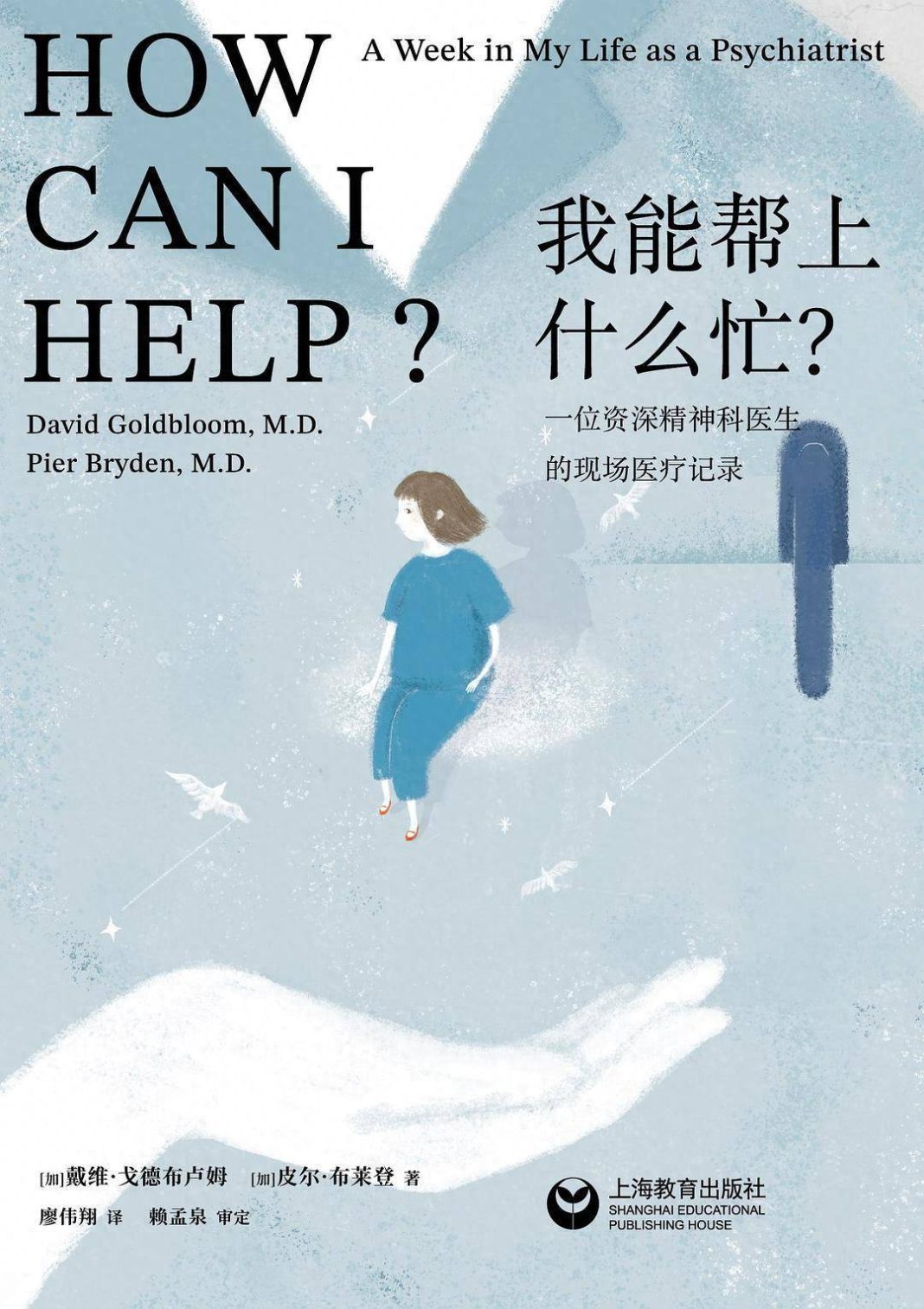Look at literary works, from “One Flew Over the Cuckoo’s Nest” to “Jane Eyre,” the imagery of confinement and escape is repeatedly emphasized, and madness, possible violent tendencies, and deviation from social rules have also become our imagination of mental patients. But fiction and reality are always distinct; are these mental illnesses presented in artistic works their most genuine appearance?
Looking at the present, psychiatry is also facing issues such as credibility crisis and mismatched supply and demand. Some people are puzzled – even though they are troubled, doctors say there is no problem during consultations, and it ends hastily after a questionnaire is done; some people question why they are not undergoing instrumental examinations and are prescribed medications after a simple conversation; some are curious about the differences between psychiatrists, psychologists, and therapists; and some ask in what situations they need to seek help from them, and who they should turn to.
These questions will be answered in the sincere sharing of Tang Tang and Chen Pei (Xiao Jing). The two met at the Duyun Bookstore flagship store thanks to the book “How Can I Help?”. Tang Tang is a former ICU attending physician at a tertiary hospital in Shanghai and the host of the podcast “Three Sugars to Cure Illness.” Chen Pei is a doctor at the Xuhui District Mental Health Center and the host of the podcast “A Well.”
On this leisurely summer afternoon, the two guests deeply discussed the complexity of psychiatry and analyzed the origin of mental illness sense of shame from social and clinical perspectives. Through the comparison of the diagnostic skills of psychiatrists and internists, they clarified the public’s misunderstandings about the daily work of psychiatrists, and starting from depression and bipolar emotional disorders, they provided practical diagnosis advice.
[Added] David Gottblum, [Added] Pier Broadway, “How Can I Help? A Senior Psychiatrist’s On-Site Medical Records”, Shanghai Education Press & Wanjing Publishing, April 2024, 368 pages, 68.00 yuan.
—
Psychiatrist vs. Psychologist
Tang Tang: Psychiatry is an attractive discipline with complex historical legacy issues, credibility, power relations, etc. The book “How Can I Help?” mentioned the collision of psychiatry and psychology. During an event in Chengdu for this book, there was also an attack and argument between pharmacology and psychology. In the 20th century, psychiatry introduced brain science, imaging examinations, and pharmacological experiments, becoming more akin to internal medicine diseases with technological support. The author appreciates this scientific shift in psychiatry and experiences the charm of rationality in this transformation. To my knowledge, some psychiatrists also attach great importance to psychological research. So, what are the differences in identity and job function between psychiatrists and psychologists?
Internists often start inquiries based on symptoms or triggers and diagnose based on accompanying symptoms. Do psychiatrists also follow this method during inquiries? How did they diagnose when they lacked technical support?
Chen Pei: The identity of a psychiatrist is quite blurred. During the asylum era, psychiatrists were more like prison guards, mainly responsible for supervision. Later, with the development of humanism and the emergence of Freud, psychiatrists became more akin to psychologists. After psychiatry was integrated into modern medicine, the concept of a psychiatrist emerged. Psychiatry became a subspecialty in medicine, and doctors working in psychiatric hospitals wearing white coats are usually medical graduates. I studied clinical medicine for five years as an undergraduate, similar to all doctors. I pursued a master’s in psychiatry during my postgraduate studies, and finally became a psychiatrist.
Additionally, many people, after visiting a mental health center, feel dissatisfied with the consultation experience; some avoid seeking advice due to shame or fear of medication side effects. If these individuals opt for consulting apps, they actually undergo psychological assessments and consultations, right?
Chen Pei and Tang Tang on-site
—
Origin of Mental Illness Sense of Shame
Tang Tang: Let’s talk about the topic of mental illness sense of shame. This term should sound familiar. Mental illness sense of shame, as the name suggests, is the feeling of shame due to illness and originates from the English word “stigma,” originally meaning a badge or tattoo. One source of mental illness sense of shame is human instinct, namely, fear. In modern times, mental illness sense of shame has a psychological process. Mental illness sense of shame is intertwined with discrimination from others


